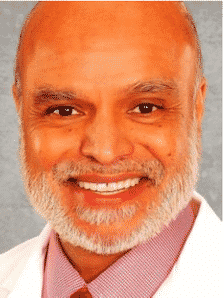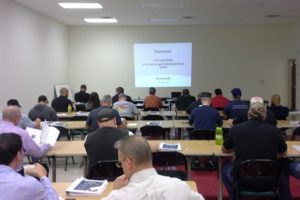
Marijuana has medical value in certain conditions. Benefits for many more conditions are claimed, but medical proof is lacking. In some conditions, marijuana may help only a few patients.
I believe that if medical marijuana helps a patient, they should have it. The decision should be based on medical science and not social media. The decision should be between the patient and their physician.
Considering that FDA-approved “medical” marijuana is available in pill form, this should be the chosen method of prescription. The patient should be under medical care so that the use and dose are correct.
Sadly, a matter that should be medical has become political. Misunderstandings and myths prevail. We must balance patients’ needs with societal consequences of plant marijuana legalization. Expert testimony before the Ad Hoc Taskforce on Opioid Abuse last month provided valuable answers. Many myths (in italics) were clarified:
1. Marijuana is safe. In Colorado, marijuana-related traffic deaths increased from 10 percent to 21 percent in five years. Today, 77 percent of DUIDs (driving under the influence of drugs) involve marijuana. Marijuana contains 50 percent to 70 percent more carcinogens than tobacco. Psychosis and impairment of the developing (teenage) brain with decrease in IQ are well known.
2. Marijuana overdoses never happen. Woodstock marijuana had a THC — the main substance in marijuana — content of 3 percent to 5 percent. Today, THC 2 / 2 content is up to 40 percent. Concentrates can achieve 90 percent content. Marijuana-related hospitalizations in Colorado increased from 6,305 in 2011 to 11,439 in 2014. Most overdoses are due to edibles. Beware of brownies!
3. Marijuana cures so many illnesses. Given the patchwork of state laws, marijuana is a cure for Crohn’s Disease in one state but not so in the next state. These laws are not based on science.
4. Double blind studies. These are not possible with marijuana. Study subjects cannot be blinded. They know if they are receiving placebo or the real thing because of the distinct smell and the high!
5. Marijuana is “natural,” a plant! So is tobacco or broccoli. God gave us both. He also gave us the brains to know which is safe.
6. Marijuana is not addictive. “… Offenders facing jail time cannot stay away from it. When a man is willing to give up freedom for it, if it is not addiction I don’t know what to call it,” Judge Ken Goble, General Sessions Court, Montgomery County, testifying before Ad Hoc Taskforce on Opioid Abuse, Feb 16. National Institute on Drug Abuse puts the number at 30 percent.
7. Marijuana is not a gateway drug. Economics changes behavior. When marijuana prices dropped because of legalization in Colorado, drug cartels competed by dropping the price of heroin. Vulnerable users switched. The National Institute on Drug Abuse confirmed this month that marijuana use raises the risk of Substance Use Disorder (SUD).
8. There is no diversion from growers, each plant is tagged. We cannot tag each leaf and bud on each plant. In 2015, there were 394 seizures of diverted marijuana by the Colorado Highway Patrol. Tennessee is a destination.
9. Opioid deaths decreased in states with legal marijuana. It is sad to think that trading one addiction for another is better. As noted above, when marijuana enters a market, drug cartels compete by lowering the price of heroin. So opioid deaths decreased because heroin use, and deaths, increased.
10. Marijuana brings jobs and tax revenue. When employers come to a state, they want to know if the workforce is educated, will they pass a drug test, and will they show up on time. Fifty of the 64 counties in Colorado now prohibit or limit marijuana growing facilities. They do not want those jobs because of diversion and difficulties in handling drug sale money.
11. The Entourage Effect: Because there are more than a hundred trace cannabinoids in marijuana plant, the thought is that there is magic in one of those compounds or the compounds work better together. There are also more than 70 carcinogens in marijuana. In the FDA approved pill form, these have been removed.
I hope that we can serve our patients by providing them “medical” marijuana, under medical supervision, and not a street drug.
Sabi “Doc” Kumar is a surgeon and state representative from District 66, Robertson County.













